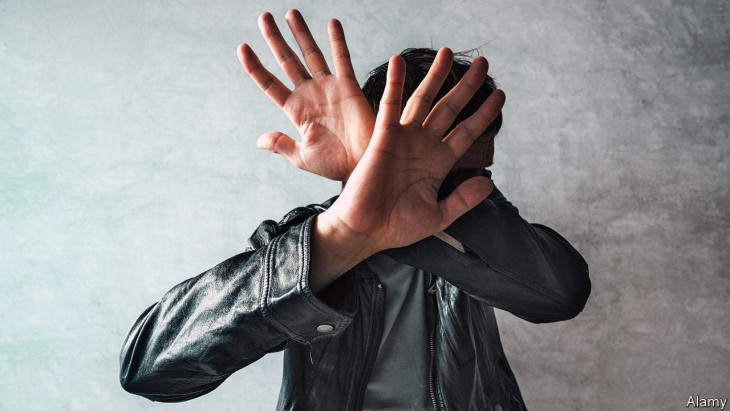Lest we forget; gender-based violence still with us
By PD columnist, December 1, 2022Violence against women, as defined by the United National General Assembly, is any act of gender-based violence that results in, or is likely to result in, physical, sexual or psychological harm or suffering to women, including threats of such acts, whether occurring in public or in private life.
March 7, 2022 marked the day that gave Kenyans the sobering face of violence against women. A video of a woman driver being sexually violated by motorbike riders on a Nairobi street, was as distasteful as it was shocking.
The boda boda riders had accosted the woman allegedly following a traffic incident, forcing her car doors open and proceeding to assault her.
The incident was a stark reminder that while Kenya has made advancements in many aspects of social development, the threat of sexual and gender-based violence still lurks in the shadows for many women and girls, irrespective of their social status.
Evidence points to most violence incidents occurring away from the public eye – in homes, schools, churches, workplaces – often unnoticed and rarely reported. The video of the attack on the woman paints a picture of lawlessness on one hand, but most importantly, the power imbalance between men and women, resulting in such acts of aggression.
The riders assaulted the woman, undaunted by the fact that news (and as such, incriminating evidence) travels fast and wide in the era of smart phones and social media. Acting with this level of impunity, points to a misplaced notion that the male-folk hold power over the female-folk, exercised through control and domination.
It is no wonder therefore that the boda bodas would subject the woman to such a dehumanising experience without any regard for the law or social order. This is just one case that made headlines – many more sadly occur in private spheres, resulting in the maiming of women and girls or loss of lives.
The unequal power-relations between men and women is rooted within informal institutions which determine the customs, values, religious beliefs and other norms of behaviour that guide the functioning of society. The “culture” within formal institutions is informed by the customs and values learnt by individuals or groups within social settings such as families and communities. It is this culture that then defines “the way of life” including assigning roles, responsibilities, sanctions and privileges, often rendering women and girls to a disadvantaged position.
Culture is dynamic and will change over time, through a process in which individuals and societies, learn and unlearn in order to address emerging challenges or fit into a “new social order”. Evidence has shown that gender equality is at the heart of human development and its pursuit enhances productivity and improves other development outcomes. Societies that have embraced gender equality are more inclusive, peaceful and have greater resilience to external shocks.
The unlearning of retrogressive values, perceptions and systems which place women and girls at a lower status is a critical aspect of addressing gender inequality. The role of men and boys cannot be over emphasized in this pursuit as it has the potential to provide practical ways of addressing the underlying gender norms which influence their attitudes and behaviours.
When boys see their fathers in respectful relationships with their aunts, sisters, mothers, daughters and grandmothers, they begin to appreciate and learn how all humans should co-exist by being supportive, empowering and nurturing towards one another.
Boys and young men who observe their parents supporting each other in care and domestic work learn and appreciate the value of shared roles.
By acknowledging the harmful effects of cultural practices such as female genital mutilation (FGM) and the attendant risks that their mothers, sisters and future wives face, men and boys are likely to advocate for alternative rites of passage that do not hinder them from attaining and enjoying a good health status.
Finally, men who embrace non-violent and equitable norms and practices tend to contribute to happier, healthier and more peaceful societies where gender equality is protected and promoted as a fundamental human right.
Perhaps, the unfortunate incidence of March 7 that blighted the country could have been averted, if a man would have gone against the grain by choosing to protect the woman driver from the boda bodas. This singular act would have produced a different result and perhaps still, prompted some much needed unlearning.
—The writer is a Gender Equality Advocate —kui_gichohi@yahoo.com
